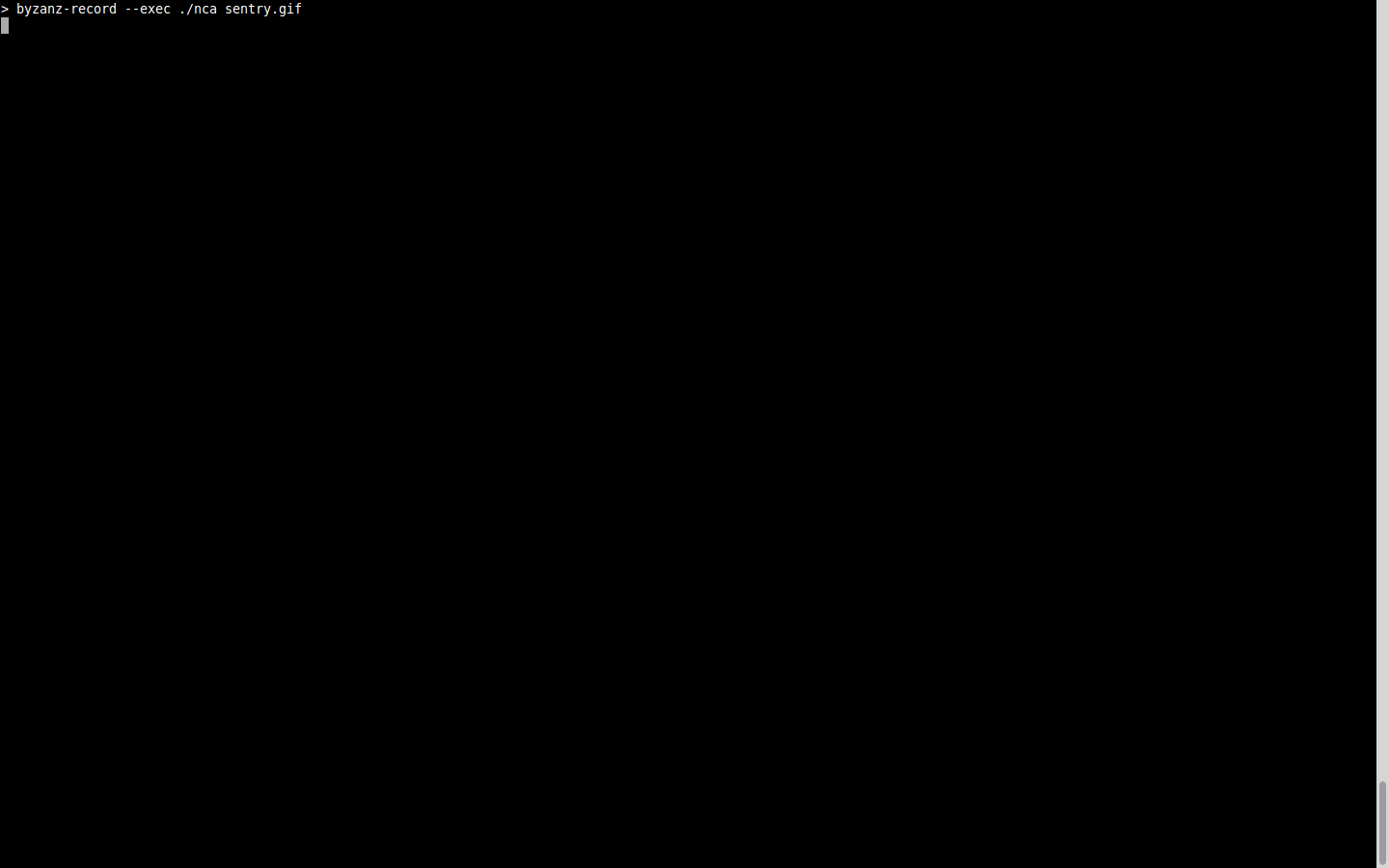Run nagios-compatible plugins locally and publish their results anywhere you can think of.
Nagios check runner was originally conceived as a replacement for NRPE, designed to run checks locally and publish their results as passive checks using NSCA-ng.
It has grown to support multiple output plugins, potentially making it useful even without a traditional Nagios/Icinga setup. Small one-person shop with just one or two servers to monitor? Receive reports by email when services go down or transmit them to Sentry.
Using a PAAS monitoring solution but want to tap into the thousands of Nagios plugins already available? Publish results to a webhook as HTTP events.
Note: If you look closely you'll see a delay in between the check result being submitted and the service state updating in Icinga. This is not a bug in the runner but a delay in NSCA-ng submitting the event to Icinga and Icinga's event loop picking up the change.
Configuration is split up in two parts, checks and publishers. For example:
publishers:
nsca_ng:
type: ExecPublisher
cmd: /usr/sbin/send_nsca
stdin: |
myhost {{ .Name }} {{ .Returncode }} {{ .Output | printf "%s" }}
checks:
Local SMTP:
command: /usr/lib/nagios/plugins/check_smtp -H localhost
interval: 30
retry: 10
timeout: 3
System load:
command: /usr/lib/nagios/plugins/check_load -r -w 3,2,2 -c 5,3,3
interval: 60
retry: 60
timeout: 10Checks define the checks to be run. The title is the service name and the options it takes are as follows:
- command: The command to be run.
- interval: The interval to run this plugin when it is in OK state.
- retry: The interval to run this plugin when it returns a state other than OK.
- timeout: Kills the process if it does not finish within this time limit.
Publishers defines the publishers to which check results should be published.
The available publishers and their options are detailed below. All entries under
publishers take a descriptive name of your own choosing and must have a type
element listing the publisher to be used from the list below.
This is a debug publisher, useful for local development. It prints check results to stdout.
Executes an external command for every received result. This allows for complete
freedom in what to do with check results and can be used to publish results as
passive checks using nsca-ng, as email by feeding it
to mail/sendmail or some other custom script of your choosing.
Options:
-
cmd: The path to the script/binary to be run.
-
stdin: A text template describing what data is to be fed as input over stdin to the specified cmd. It uses Go text/template templating.
Available template values are
.Name,.Returncode, and.Output.
Publishes results as messages to the exception tracking system Sentry.
Options:
- dsn: The DSN of the project to submit to.
- hostname (optional): The hostname to report to sentry.
- Make sure you have setup Go.
- Make sure you have setup a workspace.
- If you haven't:
mkdir ~/goexport GOPATH=~/go
- Get the source:
go get github.com/zoni/nagios-check-runner - Change into the source directory:
cd $GOPATH/src/github.com/zoni/nagios-check-runner - Get missing dependencies:
go get ./... - Build the binary:
go build cmd/ncr.go - The binary will be available as
./ncr
- Follow the instructions under Building to set up a correct source tree.
- Then:
go test -race -cover
The MIT license. See LICENSE for full license text.

